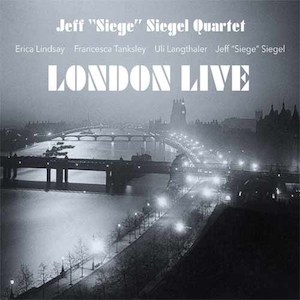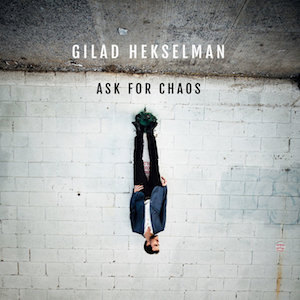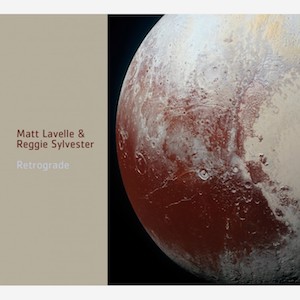Label: Pi Recordings, 2018
Personnel – Steve Coleman: alto saxophone; Jonathan Finlayson: trumpet; Miles Okazaki: electric guitar; Anthony Tidd: electric bass; Sean Rickman: drums.
How infectious and original is the music of M-Base disciple and pioneer Steve Coleman! The alto saxophonist/composer has been a true creative force on the jazz scene for more than three decades, contributing with great recordings where he showcases striking new ways of improvising along with an impressive ability to play with texture and mood.
On the trail of last year's Morphogenesis, orchestrated with the extended Natal Eclipse ensemble, the saxophonist releases the double CD-set Live at the Village Vanguard-Vol. 1 (The Embedded Sets) with his most emblematic group, The Five Elements, featuring Johnathan Finlayson on trumpet, Miles Okazaki on electric guitar, Anthony Tidd on electric bass, and Sean Rickman on drums.
The band not only brings the necessary tension but also illumination on several tunes of the first set, starting with “Horda” (from the previous album), superiorly driven by a spasmodic rhythm section that underpins powerful staccato notes expelled by the frontline. Coleman overcomes conventions and transcends in an inflamed improvisation before embarking on unison lines with Finlayson, who also gleams in his own idiomatic style.
Full-throttle riffs resonate on “Djw”, inspiring a pressurized funky thrust that never loses intensity. After Okazaki’s congruent exploration, coordinated with timbral perspicacity, Coleman forges ahead in his statements by infusing incredible patterned cadences and steep accentuations. By the end, Rickman puts his flexible percussive technique at the service of the band through colorful attacks.
Slow-moving clouds are gently portrayed on “idHw” and Bunky Green’s “Little Girl I’ll Miss You”, here gradually layered with the sequential addition of drums, guitar, and then bass, flowing with a slightly Latin feel.
Marvelous intricacies and rich details are detectable, even when the groove is primal, like on “twf” or “Figit Time”, a jazz-funk piece written by Doug Hammond. This latter tune keeps bouncing oddly before touching the spiritual with Coltranean inspiration in its final segment.
“Nfr” is a legitimate swinging explosion of avant-funk and neo-bop that convinces and captivates with enraptured sensitivity. It anticipates the arrival of the closing tune, “Change of Guard” (first recorded in 86), where Coleman even scats at a blazing tempo and then slows down the pace to a swinging 4/4 finale.
Even avowing form and structure, the sense of freedom/adventure is everywhere. Coleman excites the listeners, constantly stepping outside comfort zones through unpredictable arrangements suffused with spiraling movements and a free-funk infectiousness that dazzles.
Grade A-
Favorite Tracks (first set):
01 – Horda ► 02 – Djw ► 07 - Nfr








































